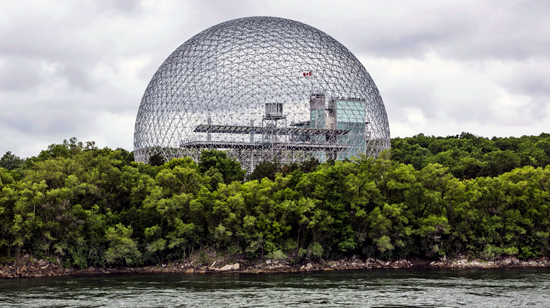Critique of Pure Plasticity:
The Thermo-Informatic Transduction of Kant Instructor: Joel White Date & Time: June 1st, 8th, 15th, 22nd. 14:00-16:30 ET

DESCRIPTION: In Hans Vaihinger’s neo-Kantian masterpiece “The Philosophy of ‘As If,’” he argues that the “unjustified transference to the world” of the Kantian categories “leads to all those philosophically important ideas, such as world-substance, cosmic energy, cosmic causes.” For Vaihinger, these ideas are mere “logical illusions” that partake of Dinge an sich, noumenal things as such. However, in true Kantian style, Vaihinger also argues that these illusions remain necessary from a “subjective and conceptual standpoint.” Even beyond, I would argue that regulative Ideas such as these are necessary precisely because they offer unity to a class of categories that provide structure for any investigation into the conditions of existence of things.
Following Vaihinger, I posit that there are four Dinge an sich that guide us back from the Absolute to a class of transcendental categories that function as the conditions of possibility of existence: the Idea of the Conservation of Energy (cosmic energy); the Idea of Heat Death (cosmic entropy); the Idea of Pure Communication (cosmic information), the Idea of Absolute Certainty (cosmic information entropy). Each regulative Idea has its corresponding class of categories: energy, entropy, information, and information entropy (which I call “intropy”). Each class of category, likewise, follows the Kantian table of categories insofar as energy is quantitative in kind, information is relational, thermodynamic entropy is qualitative, and informatic entropy is modal.
It is not enough, however, to just state each class of categories and name their corresponding relation to the Kantian categories of pure understanding. As Kant argues in the “Deduction,” it must nonetheless be demonstrated that the four concepts of existence are the necessary and universal conditions for existence. Each transduction of a concept of the thermoinformatic table of categories requires the deduction of the concept as it appears in its scientific domain being carried over to its complementary category. How does it relate to the conditions of possibility of the (object) of experience, which are at the same time the conditions of possibility of the (objects) of existence?
If, as Catherine Malabou argues, plasticity denotes both the capacity to “take form (as in the plasticity of clay) and to give form (as in the plastic arts and plastic surgery),” then what is being sought here is precisely the conditions of pure plasticity qua possible existence, since existence always presents itself to the understanding as form and as its possible transformation. What are the conditions of the possibility of plasticity in general? This Seminar will outline a draft of the transduced thermoinformatic table of categories. We will read from Kant’s “Transcendental Doctrine of Elements,” the “Transcendental Logic” and the “Transcendental Analytic” as well as from the history of thermodynamics and information theory, in order to provide a critique of pure plasticity.
Session 1. Energy as Quantity.
Session 2. Entropy as Quality.
Session 3. Information as Relation.
Session 4. Intropy as Modality.
IMAGE: Buckminster Fuller, The Biosphere Environment Museum, 1976-77
To see The New Centre Refund Policy CLICK HERE.
To see The New Centre Refund Policy CLICK HERE.